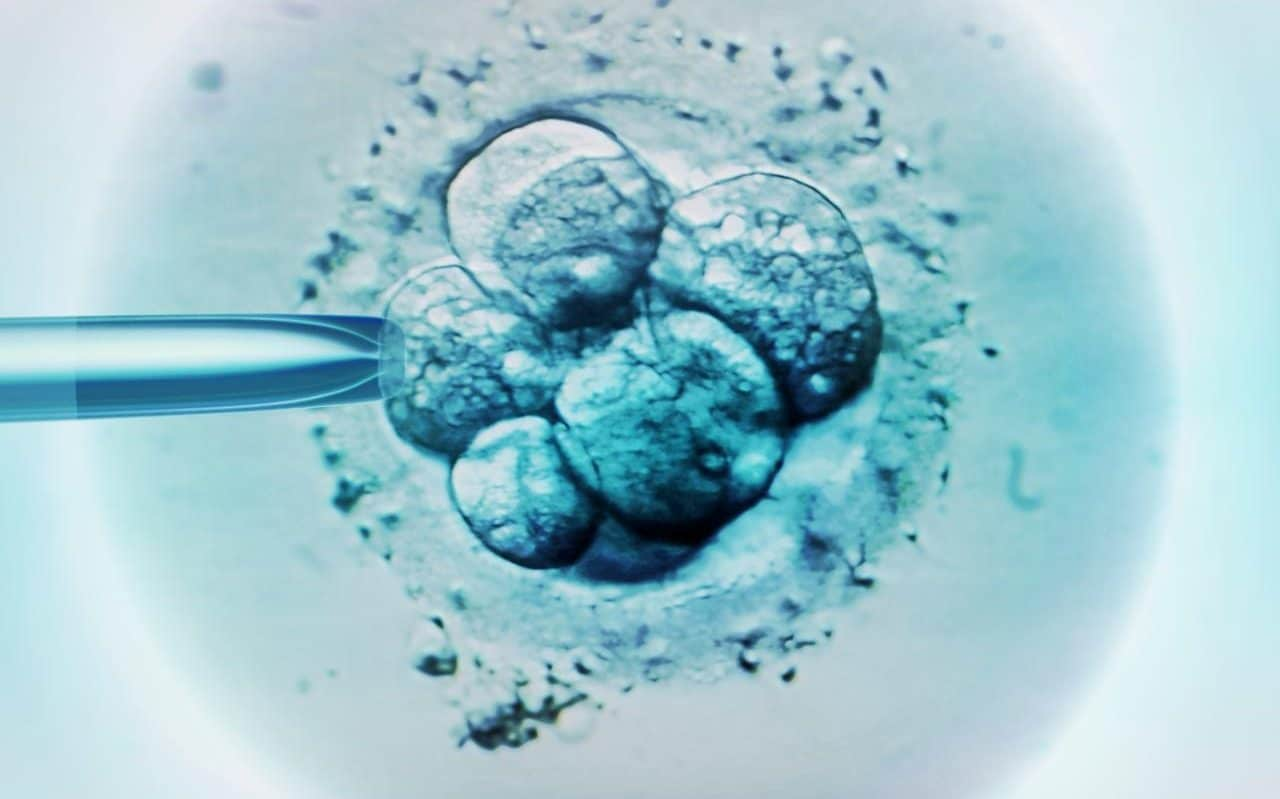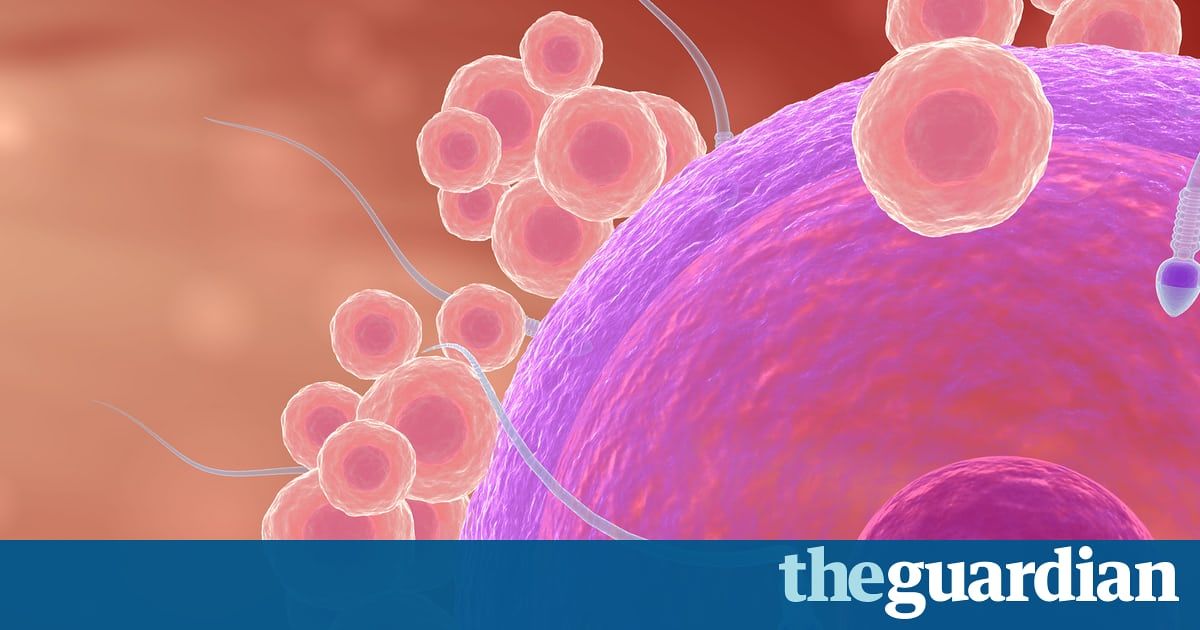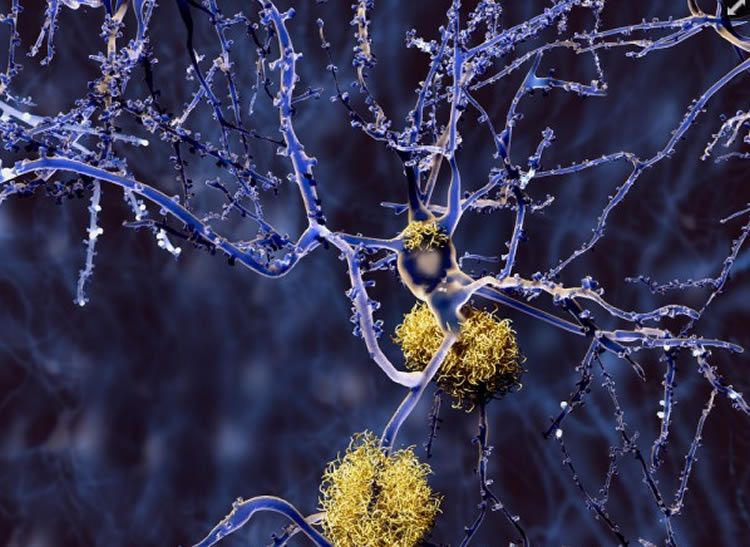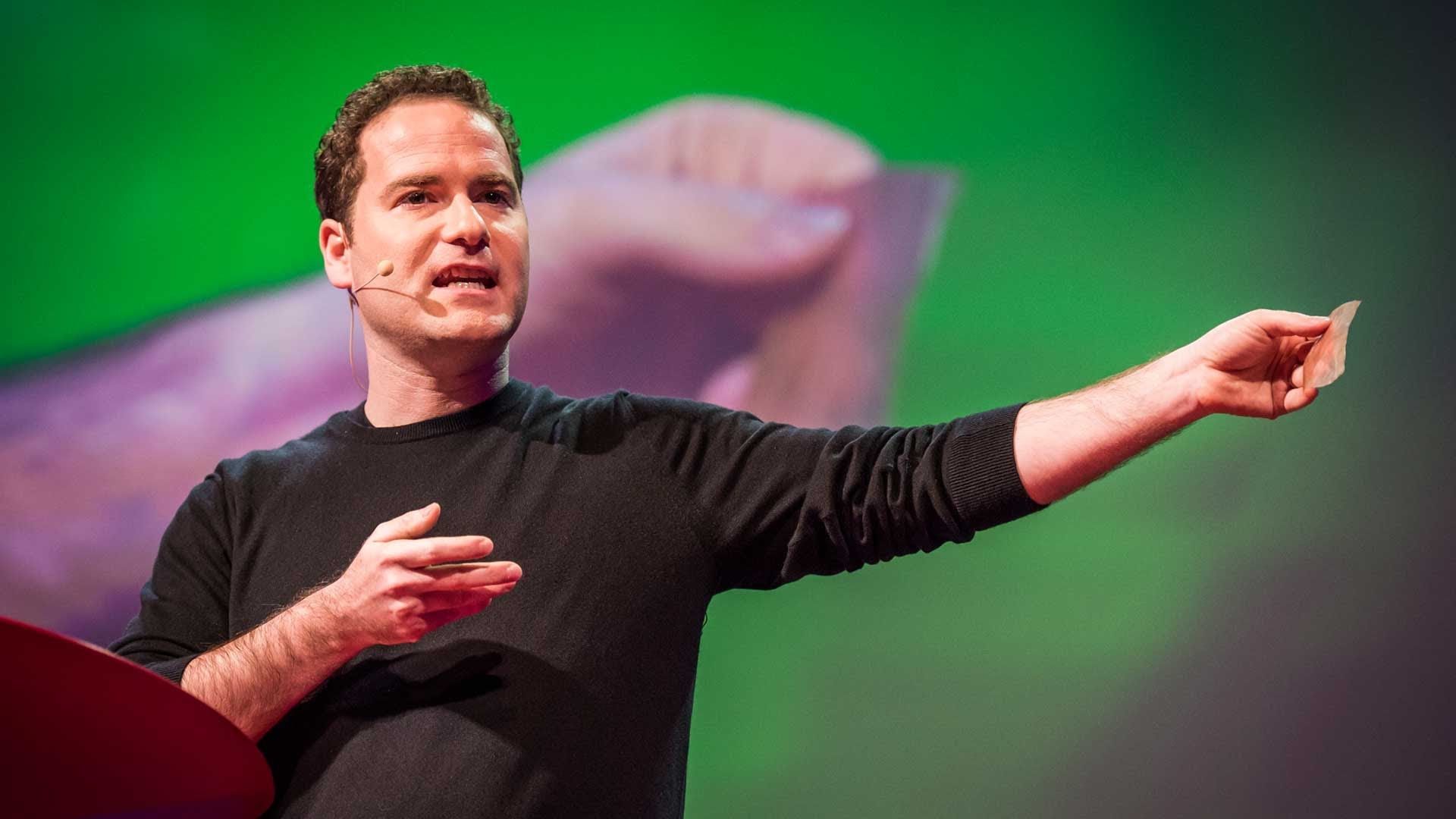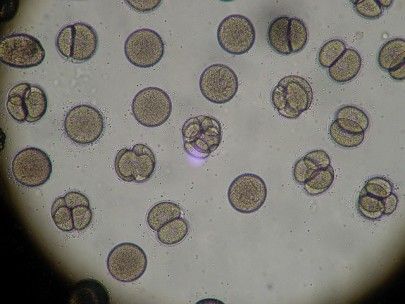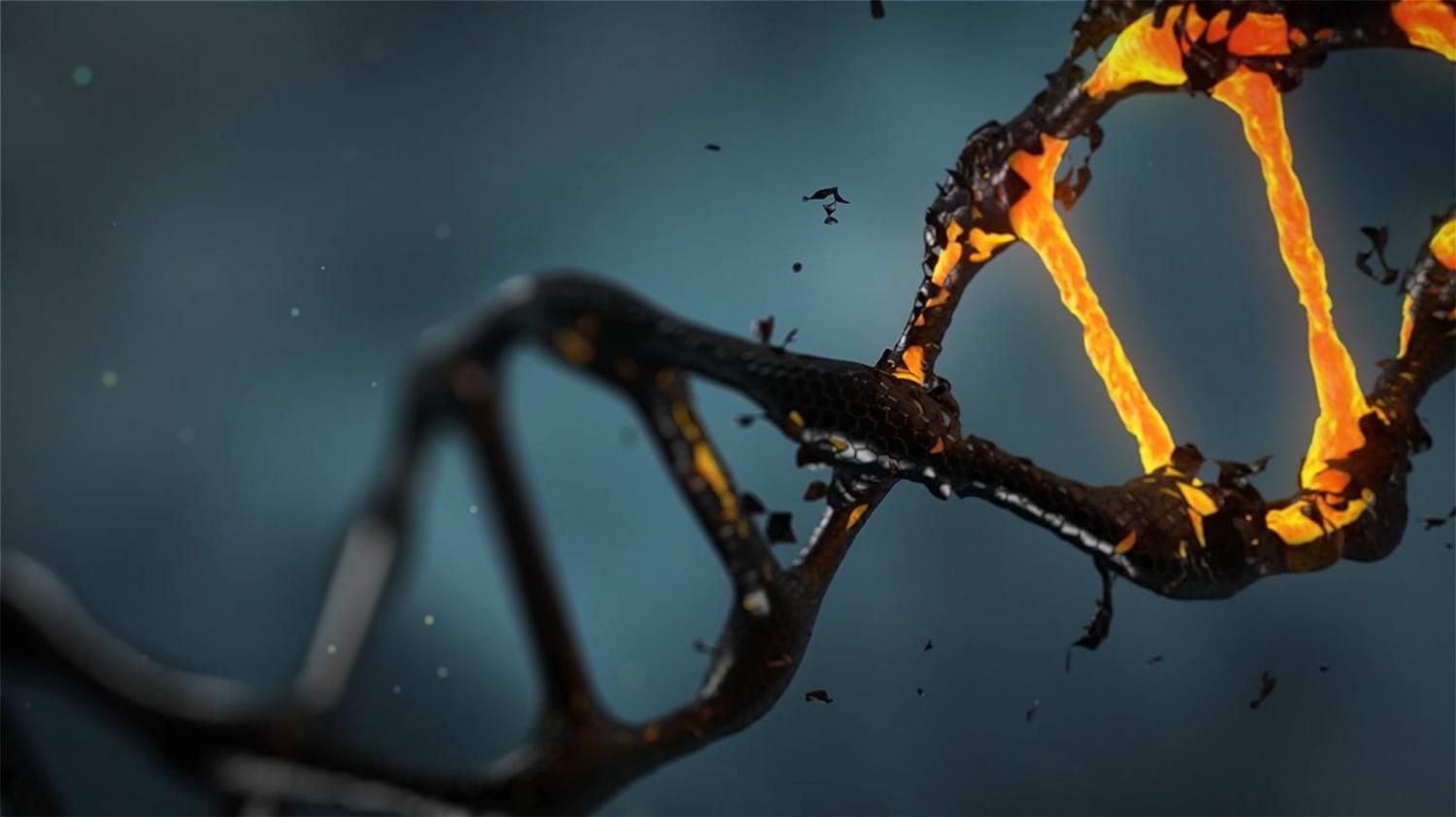
Researchers at the Institute of Molecular Biology (IMB) in Mainz, Germany, have made a breakthrough in understanding the origin of the ageing process. They have identified that genes belonging to a process called autophagy — one of the cells most critical survival processes — promote health and fitness in young worms but drive the process of ageing later in life. This research published in the journal Genes & Development gives some of the first clear evidence for how the ageing process arises as a quirk of evolution. These findings may also have broader implications for the treatment of neurodegenerative disorders such as Alzheimer’s, Parkinson’s, and Huntington’s disease where autophagy is implicated. The researchers show that by promoting longevity through shutting down autophagy in old worms there is a strong improvement in neuronal and subsequent whole body health.
Getting old, it’s something that happens to everyone and nearly every species on this planet, but the question is, should it? In a recent publication in the journal Genes & Development titled “Neuronal inhibition of the autophagy nucleation complex extends lifespan in post-reproductive C. elegans,” the laboratory of Dr Holger Richly at IMB, has found some of the first genetic evidence that may put this question to rest.
As Charles Darwin explained, natural selection results in the fittest individuals for a given environment surviving to breed and pass on their genes to the next generation. The more fruitful a trait is at promoting reproductive success, the stronger the selection for that trait will be. In theory, this should give rise to individuals with traits which prevent ageing as their genes could be passed on nearly continuously. Thus, despite the obvious facts to the contrary, from the point of evolution ageing should never have happened. This evolutionary contradiction has been debated and theorised on since the 1800s. It was only in 1953 with his hypothesis of antagonistic pleiotropy (AP) that George C. Williams gave us a rational explanation for how ageing can arise in a population through evolution. Williams proposed that natural selection enriches genes promoting reproductive success but consequently ignores their negative effects on longevity.
Continue reading “Why we did not evolve to live forever: Unveiling the mystery of why we age” »
